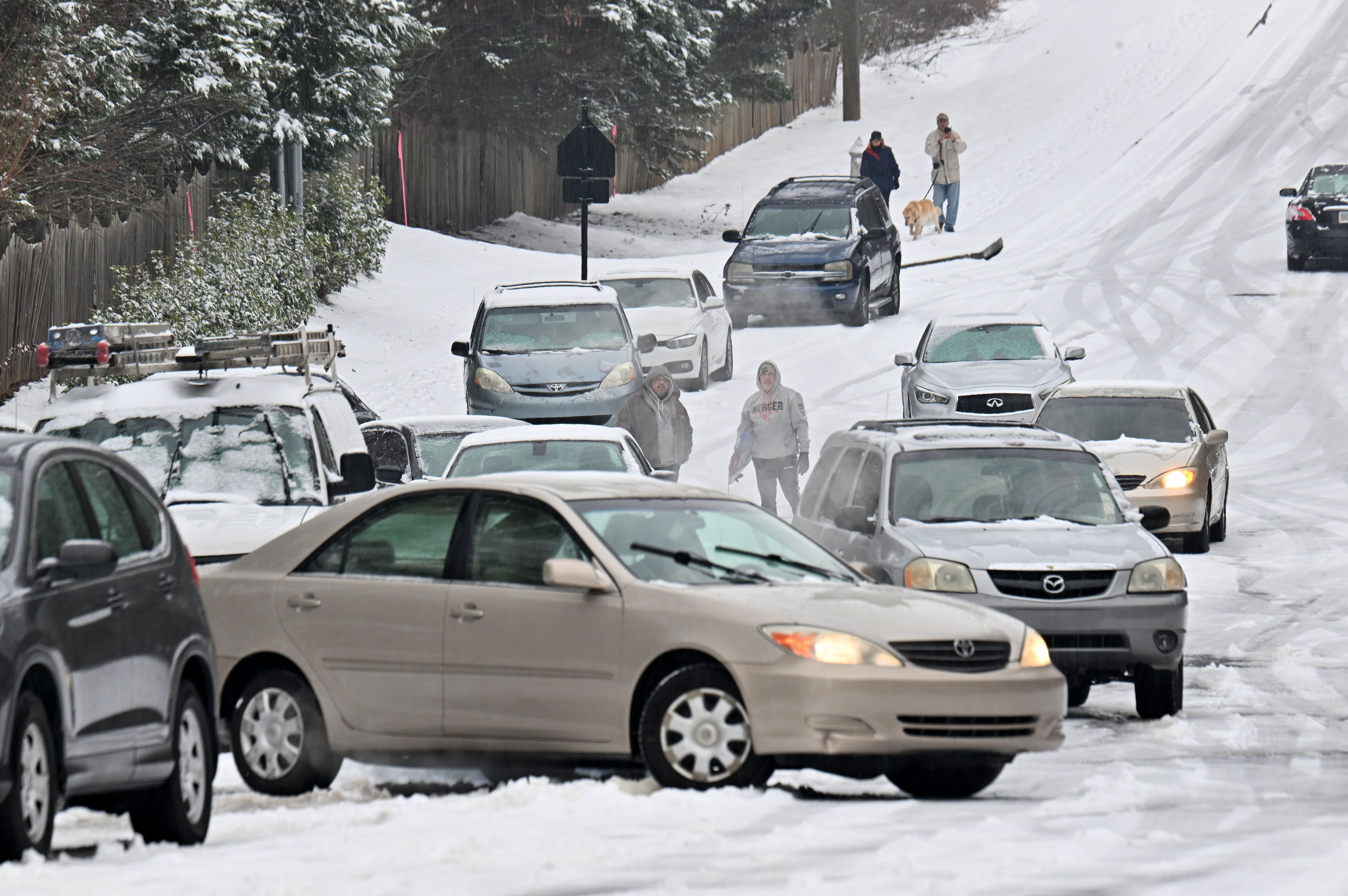Boys & Girls Clubs of America boosts mental health support for kids
This month, nearly 100 Boys & Girls Clubs of America-trained trauma-informed staff were invited to its Atlanta headquarters for the organization’s first mental health and wellness summit. Complete with an awards ceremony and activities to help them recharge, the summit celebrated the initiative to bring trauma-informed youth development to all 5,400 BGCA locations across the country.
“We’re gonna be the number one largest youth-serving youth development organization in the world that has trauma-informed ,” Jennifer Bateman, Ph.D., senior vice president of youth development at BGCA, told The Atlanta Journal-Constitution.
According to Bateman, the initiative launched about five years ago after the organization spent about a decade working with the Centers for Disease Control and Prevention on following the data surrounding youth mental health. After seeing a worsening decline over time, the BGCA decided to step into the space.
In 2023, the effort expanded after Blue Cross Blue Shield Association announced a four-year partnership with the BGCA to better scale the initiative — including an investment of $10 million.
“To date, 79% of Boys & Girls’ Clubs organizations have been exposed to trauma-informed practices,” said Keisha Adams, managing director of strategic partnerships and development at Blue Cross Blue Shield Association.
Approximately 40,000 young people have been served by BGCA staff trained in trauma-informed youth development, according to Adams. In 2024, staff completed nearly 10,000 training sessions focused on helping young people develop stronger coping skills and greater resilience and providing a more effective set of tools for managing negative emotions — including “zen dens,” which can be anything from a calming room to a backpack filled with toys.
“We know that we’re living in a youth mental health crisis, and we really wanted to be at the forefront of helping to bring about positive change,” Adams said.
Mental health crisis among youth
In the years since the BGCA began using trauma-informed youth development, professionals have seen mental health struggles for young people grow and exacerbate.
“I know in our major-metro area, this was also during the time of the Black Lives Matter movement, so there were a lot of things that came out specifically like depression and anxiety because of some of the things that were happening in the streets,” said Amber McElhaney, director of trauma-informed practices at BGC of Greater Washington.
McElhaney, who spent eight years working at the BGC of Metro Atlanta and spearheaded the club’s trauma-informed youth development, has seen these anxieties pile up in the young people she works with, especially since 2020.
“The impact of COVID never truly went away for our kiddos,” McElhaney said.
Since the BGCA has dedicated its efforts to trauma-informed practices, however, leaps have been shown in emotional regulation and improved mental health for the young people it serves.
“Our data shows that about 75% of those kids are able to regulate themselves and stay calm in a stressful situation, which is much higher than the national average,” Bateman said.
Goals of trauma-informed practices
Trauma-informed practices take into account all of the adverse or “traumatizing” experiences a person may have had in their life and keep those experiences in mind to better engage with them.
“There’s a statistic that we often look at, which is that two-thirds of young people have experienced a traumatic, somewhat adverse childhood experience by the time they’re 16 years old,” Adams said. “When a child is experiencing these types of negative emotions and feelings and they go unaddressed, it can cause tremendous negative impacts down the line.”
The goals of trauma-informed youth development have been felt most within the clubs themselves.
“We’ve seen better practice in them being able to not only identify their emotions, but cope with their emotions better,” McElhaney told the AJC. “Now we’re starting to see more of them being able to speak about them, and what we really want to do is uplift their voices.”
On the same day that the BGCA celebrated their trauma-informed professionals and their work at the Atlanta headquarters, the club also launched a brand new initiative called “America Needs Club Kids,” meant to highlight the role it has played in shaping the “next generation of leaders, innovators, and changemakers.”


